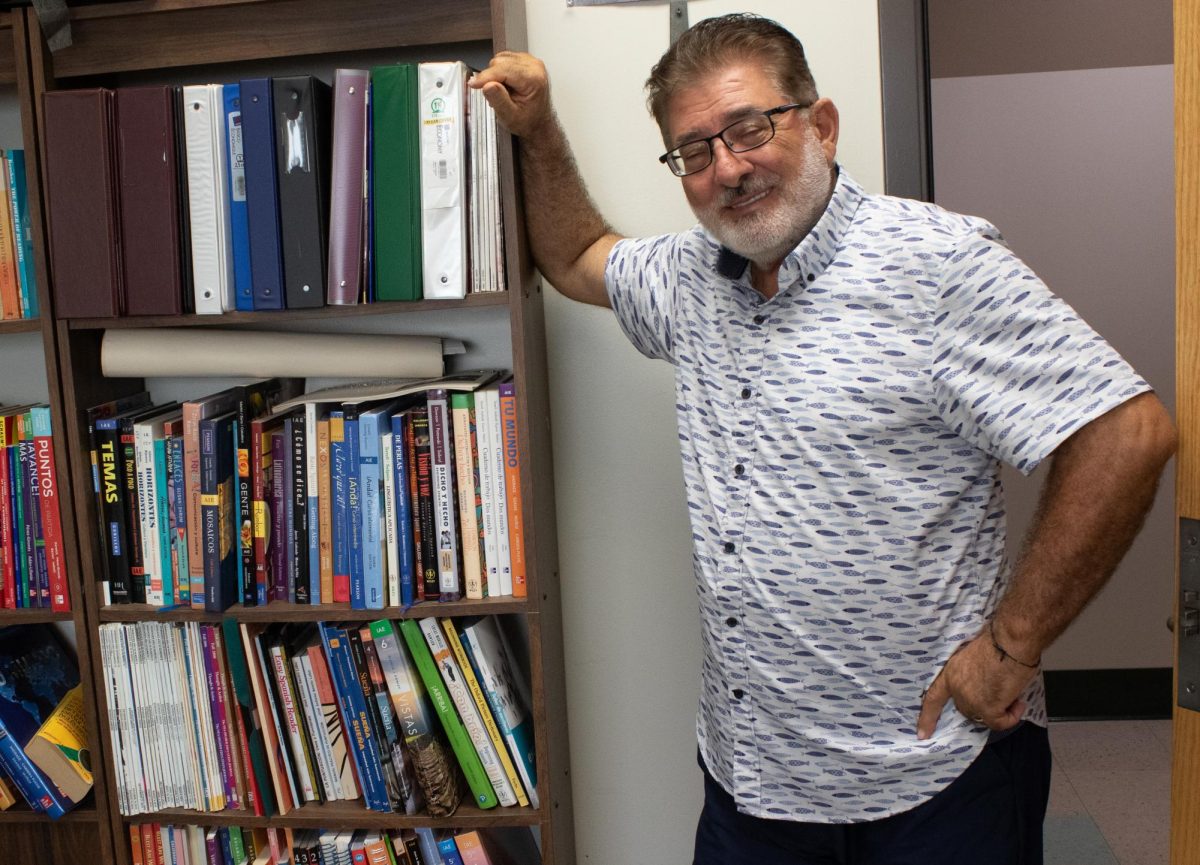Some seniors take longer than 4 years
August 31, 2009
It’s now commonplace for college students to take longer than four years to graduate. These students are known as super seniors.
According to Sacramento State Office of Institutional Research graduation reports, out of the 2,341 first-time freshmen enrolled to the university in fall 2004, only 244 students graduated within four years.
Edward Mills, associate vice president for Student Affairs, said national averages for college graduation rates over a decade have shown students are taking longer than four years to graduate.
The graduation reports also show taking more than four years to graduate is not a new phenomenon at Sacramento State.
For first-time freshmen enrolled at the university between fall 1989 and fall 2003, on average, only 8 percent graduated within four years.
“Some people might see this as an issue, but I don’t,” Mills said. “People have complex lives. The whole point is to graduate, and as long as they graduate, they are fine.”
Senior kinesiology major Patreicia Musgrove plans on graduating next spring. It will be her sixth year at Sac State.
Not seeing a counselor as a freshman – which she admits is completely her fault – holding two jobs, participating in club volleyball and her major’s difficulty level were all factors in extending her college career.
“I do wish that I would have finished sooner,” Musgrove said. “But life happens. In my mind, I know some people don’t finish. So I’m happy with finishing, no matter how long it takes.”
Senior Spanish major Isabel Landin is completing her fifth year of college, including her time at Woodland Community College, and plans on graduating next fall.
“You get to the point where you’re fed up and you just want to finish,” Landin said. “I get so tired, but I also know that I will be done soon.”
Communication Studies Department Chair Nick Burnett said another reason seniors extend their college stay is because often transfer students come in without knowledge of the university.
“Lots of students transfer and think they can graduate in two years taking only 12 units a semester,” Burnett said. “They are in for a big surprise.”
He said transfer students aren’t informed on what is needed to graduate in two years, like taking 15 units each semester.
He thinks a mandatory transfer orientation might be the answer.
“There is no better way to introduce students to the university than orientations,” Burnett said. “I understand why they make freshmen orientation mandatory.”
He said the economy has also been a big reason why students are holding off on graduating.
“The job market doesn’t seem to be very welcoming right now,” Burnett said. “Folks who would be retiring aren’t. The jobs they would be leaving are the ones our students would be taking, but that’s not happening.”
Musgrove agrees with Burnett’s assessment of the economic climate.
“Graduates are competing with people who have way more work experience,” Musgrove said. “I feel like it’s not a good time to graduate at all.”
Along with her major course work, Musgrove works at the Hornet Bookstore and is a high school volleyball referee.
Even without her jobs, she doubts if she would be able to finish her degree in four years.
“I wouldn’t have a life if I finished my major in four years,” Musgrove said. “I know friends who say their classes are easy, but they aren’t taking five-unit science labs. I have to put a lot of work into my classes.”
Landin has held two jobs while attending school, teaching assistant for the Woodland School District and a sales representative for Gottschalks. She said it hasn’t been easy for her, either.
“I have thought about quitting school a number of times; it’s just so expensive,” Landin said. “I don’t know how I do it, but I look at my bills every month and make school work.”
She said she receives some financial help from her parents and her fiancé. Without such assistance, Landin said she might have to leave school.
But her outlook isn’t as dim as it seems; Landin said she is excited to be so close to graduating.
“It has been a long time but I have learned a whole lot,” Landin said. “If you want to accomplish something and if you believe in yourself, you can do it.”
Musgrove holds the same sentiment. She said her parents never finished college. She is happy to be the first in her family to graduate from college.
“In the future, my kids will definitely learn better and know that no matter how long it takes, they should finish their degree,” Musgrove said.
When Mills was first looking into pursuing his doctorate, he realized he would be 50 when he finally earned his degree. He said he was a little disheartened by the idea.
Mills said his sister told him something that enlightened him and encouraged him to continue with his PhD goal.
“She told me, ‘You’re going to be 50 anyway,'” Mills said. “I realized then that as long as you’re working toward your goal – no matter how people may perceive it, you will be successful.”
Michael Mette can be reached at [email protected].























































































































